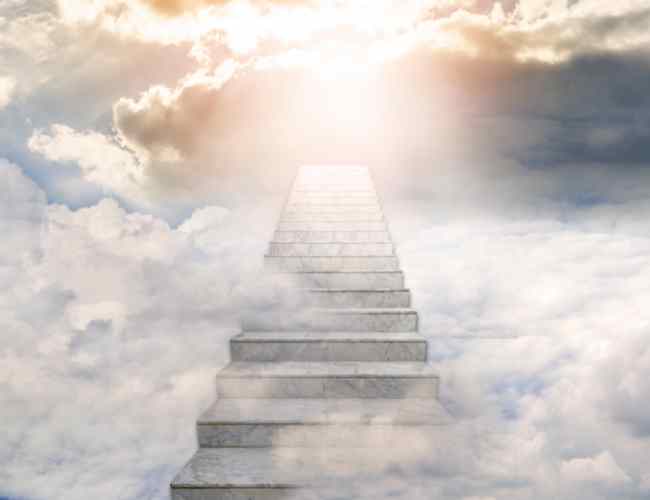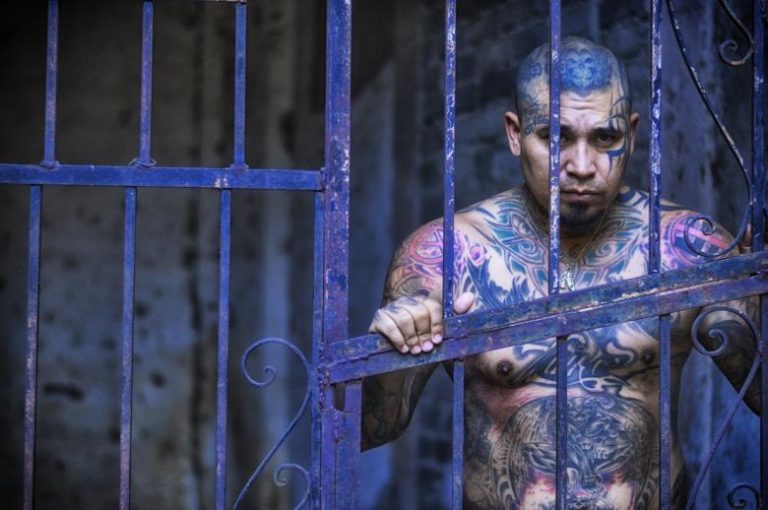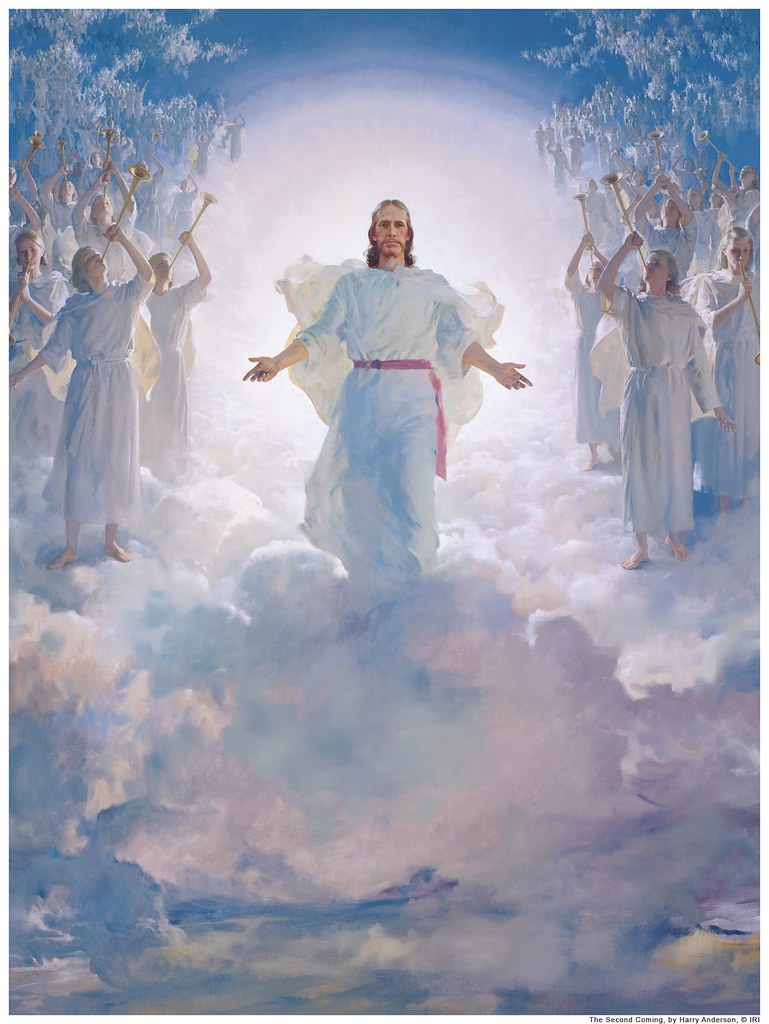How Do Protestants Convert into Catholicism?
The decision to convert from Protestantism to Catholicism is a significant one, involving a deep exploration of one’s beliefs and values.
For many individuals, this journey is motivated by a desire for a more formal and liturgical church experience, a connection to the apostolic tradition, and a deeper intellectual understanding of the faith. However, the process of conversion can also be challenging, involving significant changes in relationships and beliefs.
This article will explore the journey of conversion from Protestantism to Catholicism, examining the reasons why individuals make this choice and the steps involved in the Rite of Christian Initiation of Adults (RCIA).
We will also hear personal accounts from individuals who have completed this journey, providing insight into the challenges and rewards of the conversion process.
By exploring the experiences of those who have converted, we can gain a deeper understanding of the factors that motivate this decision and the impact that it can have on one’s life and faith.
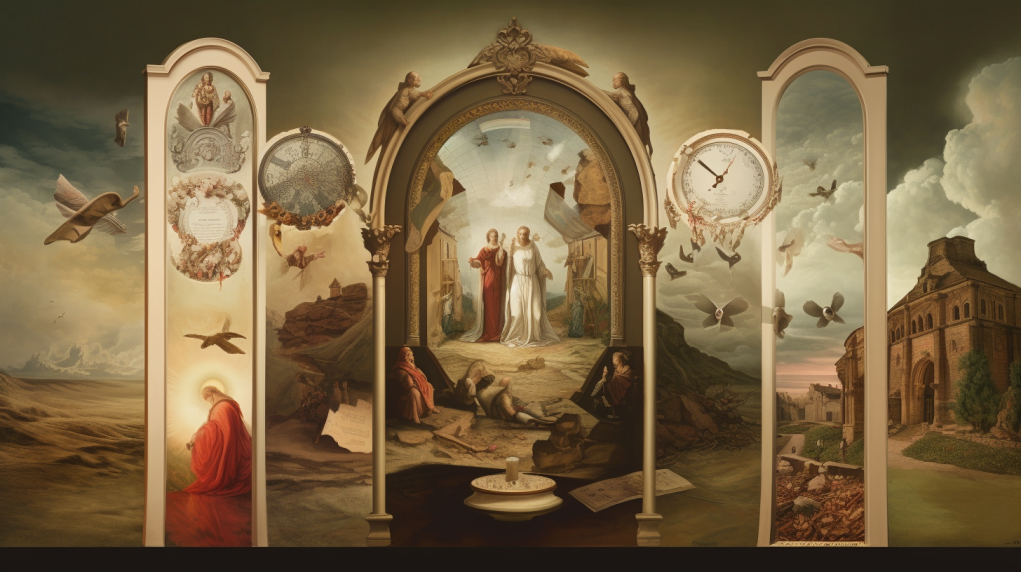
Reasons for Conversion
Reasons for conversion from Protestantism to Roman Catholicism may include seeking a more formal and liturgical church experience, a belief in connection to the 12 apostles, a draw to the intellectual depth of Catholic theology, finding stability and security in Catholicism’s history, or feeling called to become Catholic.
For some, the lack of structure and tradition in Protestantism may lead them to seek a more formal and sacramental experience in Catholicism, which strongly emphasizes liturgy and ritual.
Additionally, the belief in a direct connection to the apostles can be a compelling reason for conversion, as Catholics trace their roots back to the original apostles through the succession of the papacy.
Another reason for conversion may be the intellectual depth of Catholic theology, which is built on centuries of tradition and scholarship.
Catholics strongly emphasize the study of theology and philosophy, which can be attractive to those who seek a deep understanding of their faith.
Additionally, the stability and security of Catholicism’s history can appeal to individuals seeking a sense of belonging and continuity in a rapidly changing world.
Finally, some may feel called to become Catholic through a personal spiritual experience or sense of vocation. Overall, the reasons for conversion from Protestantism to Catholicism are complex and multifaceted, and may differ from individual to individual.
The RCIA Process
The RCIA process involves stages of study, prayer, and rites at Mass, and the length of this process varies depending on the individual’s interest in learning more about Catholicism. Below are the different stages of the RCIA process:
- Inquiry: This is the initial stage of the process where individuals express interest in Catholicism and are guided by a priest or a lay minister.
- Catechumenate: This is a period of learning and spiritual formation where individuals are taught about the Catholic faith and practices. This stage can last several years.
- Purification and Enlightenment: This stage occurs during Lent, where individuals go through a period of spiritual preparation and are initiated into the church through baptism, confirmation, and the Eucharist.
- Mystagogia: This is a period of reflection and integration into the Catholic community, where individuals continue to deepen their understanding of the faith.
Throughout the RCIA process, individuals are supported by sponsors and mentors who guide them in their spiritual formation and answer any questions they may have. The role of sponsors and mentors is to walk with the individuals on their journey of faith and help them navigate the different stages of the process.
Personal Examples
Examples of individuals who have gone through the RCIA process can provide valuable insights into the challenges and reflections involved in becoming a member of the Catholic Church.
One such example is Mark Galli, who completed the RCIA process in 2018. Galli, who had been a Protestant for many years, decided to return to the church where he was originally baptized as a boy.
Throughout the RCIA process, Galli attended weekly classes, participated in various rites, and engaged in personal reflection. He found the process to be both challenging and rewarding, as it required him to examine his beliefs and make changes in his life.
Another example is Leah Libresco, a former atheist who converted to Catholicism in 2012. Libresco’s journey towards Catholicism was a gradual one, as she spent years exploring different religious beliefs before ultimately deciding to convert.
Like Galli, Libresco participated in the RCIA process and found it to be a transformative experience. She credits the process with helping her to develop a deeper understanding of Catholicism and to cultivate a closer relationship with God.
Overall, the stories of Galli and Libresco provide important insights into the personal reflections and challenges involved in the process of converting from Protestantism to Catholicism.
Conclusion
In the modern world, religion is often a deeply personal and multifaceted choice, and for some Protestants, this choice involves converting to Roman Catholicism.
The decision to become Catholic can be driven by a desire for a more formal and liturgical church experience, a connection to the apostles, and a deeper intellectual understanding of the faith.
Regardless of the reasons, the process of conversion is a long and challenging journey that involves significant changes in beliefs and relationships. The Rite of Christian Initiation of Adults (RCIA) is the process through which individuals are initiated into the Catholic Church.
This process involves several stages, including inquiry, catechumenate, purification and enlightenment, and initiation.
these stages, individuals participate in various rituals, such as the rite of acceptance, the rite of election, and the sacraments of initiation (baptism, confirmation, and Eucharist).
The RCIA process provides a structured and supportive way for individuals to explore Catholicism and learn about its traditions and beliefs. The decision to convert from Protestantism to Catholicism is a significant one that requires a deep commitment to the Catholic faith.
While the journey may be challenging, many individuals find the experience to be fulfilling and transformative. Through the RCIA process, individuals have the opportunity to deepen their faith, connect with a supportive community, and experience the richness of Catholic tradition.
For those who choose to make the journey, the decision to become Catholic can be a life-changing one that brings a new sense of purpose and meaning to their lives.
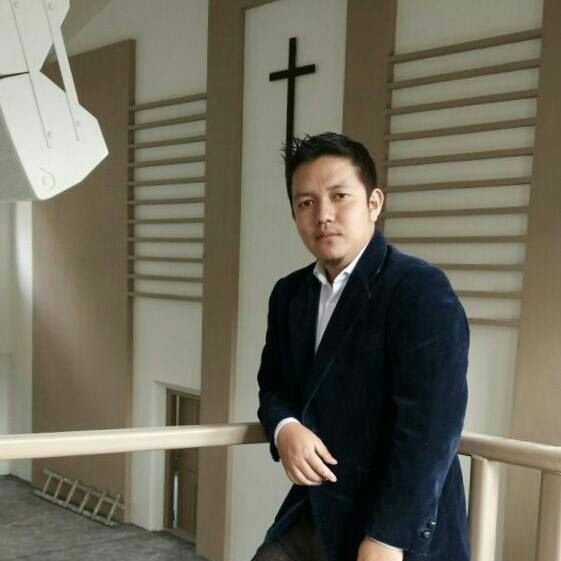
Sangtea Hmar is a passionate leader of the Youth Christian Fellowship at the Electric Vengthlang Presbyterian Church in Aizawl, Mizoram, India. He is the owner of Christiantone.com and is committed to spreading the word of God. He loves to mentor youth and help them grow in their faith.


